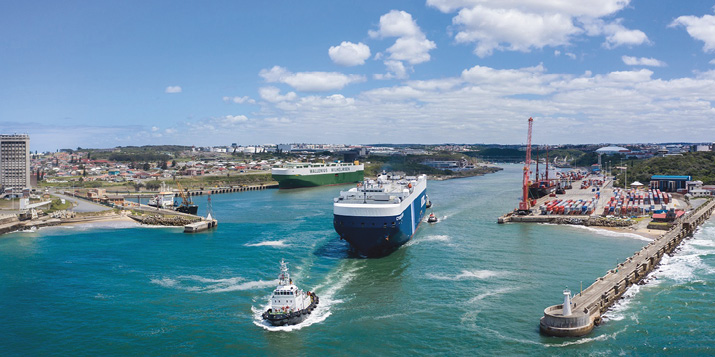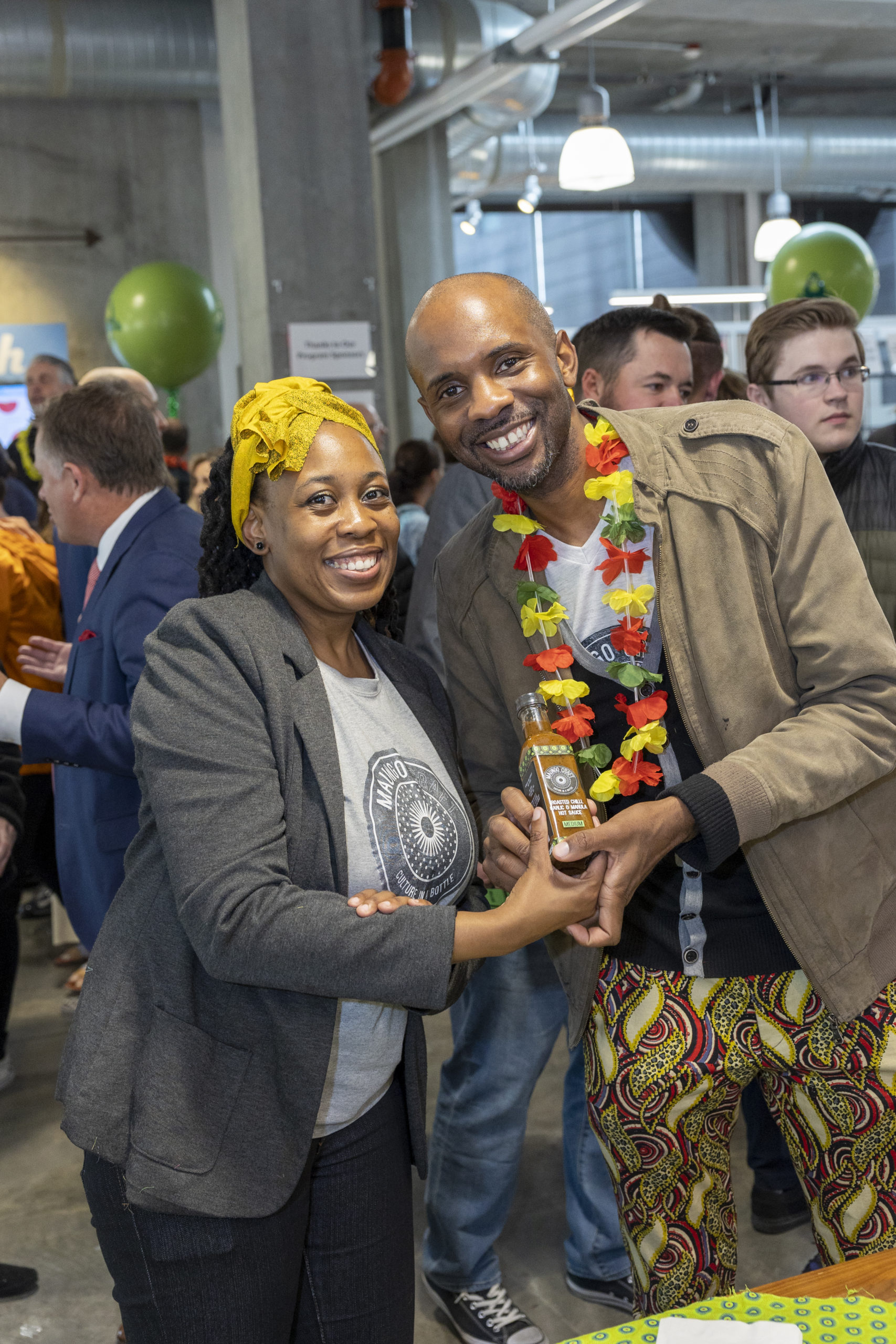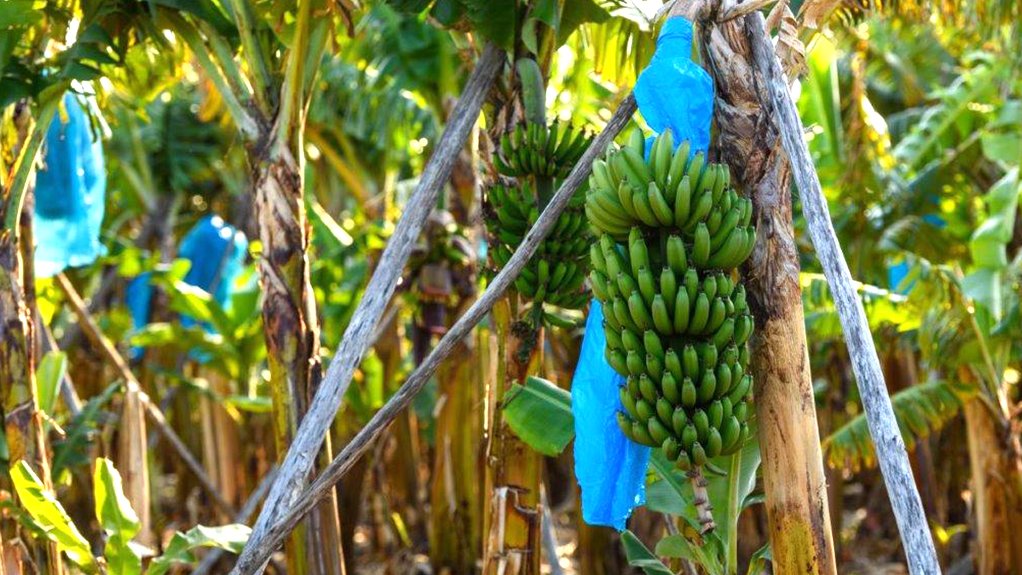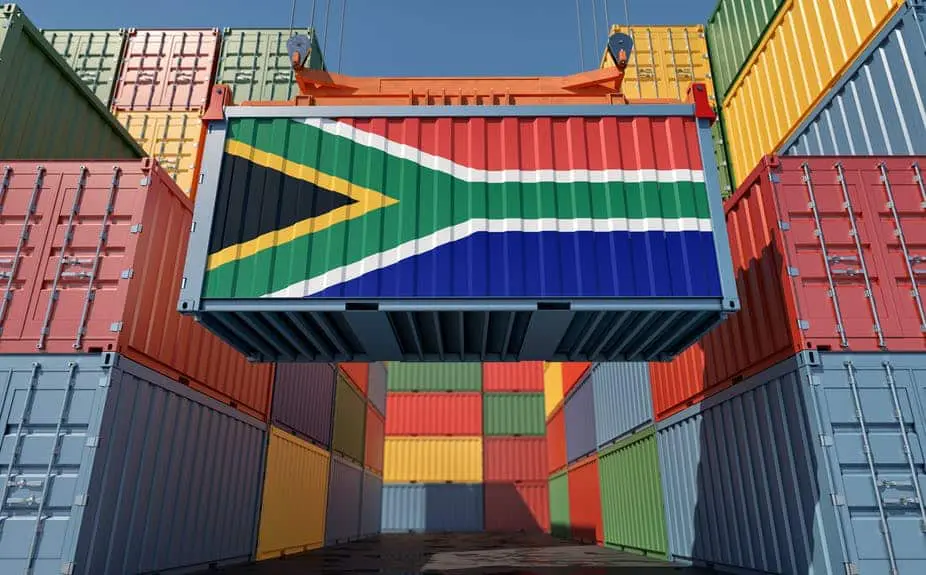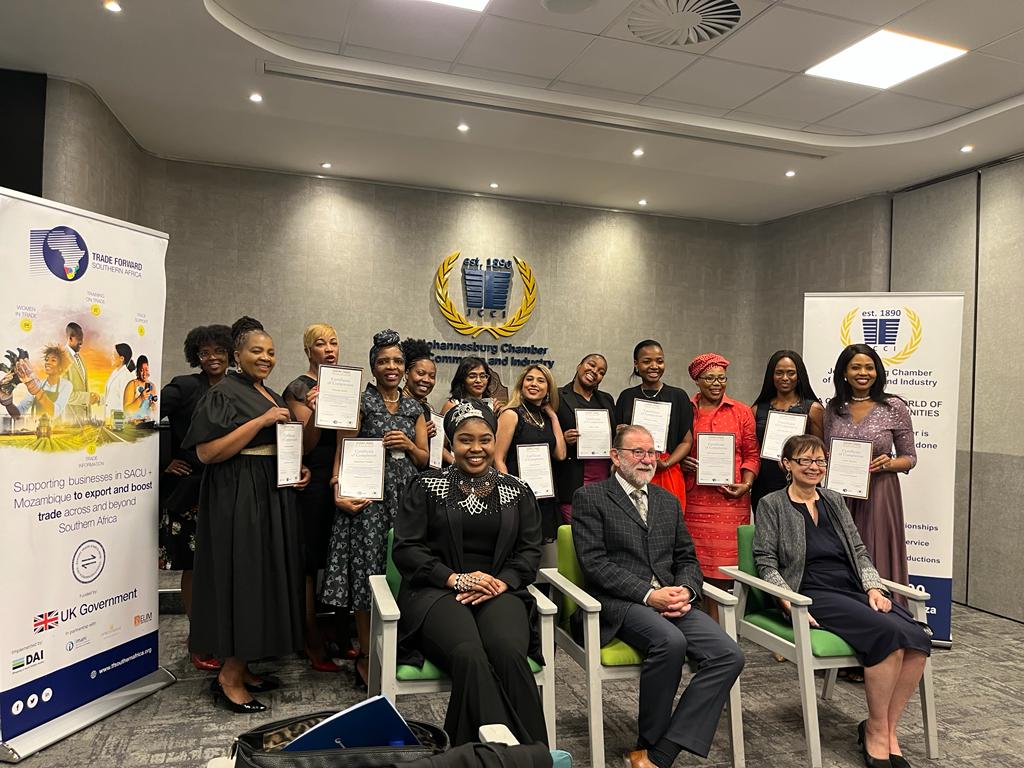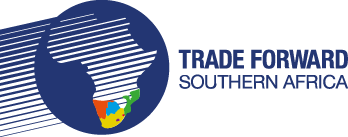The Eastern Cape has established itself as a gateway for expanding export markets due to its geographically well-positioned, customer-centric, multi-cargo port that prides itself on flexibility and service excellence. It is the gateway for expanding markets: not only linked with the rest of the world, but also with direct transport links into the heart of the African continent.
The province has other bragging rights: It is the biggest lemon producer in South Africa, exporting more lemons than the US, Brazil, Egypt or Italy; vehicle manufacturers, General Motors South Africa, Volkswagen and Mercedes Benz are located here; and data shared during the 2022 Export Symposium by the Department of Agriculture, Land Reform and Rural Development indicates that the Eastern Cape possesses the largest percentage of the country’s livestock – 38% of SA goats, 30% of SA sheep and 25% of SA cattle – and accounts for 26% of the milk produced in the country.
Looking to other markets with growing global demand, the province produces over 15 million kilograms of wool per year and, as a result of advanced breeding and farming techniques that ensure consistent availability of mohair, the Eastern Cape has catapulted South Africa into a leading position of mohair production in the world, at 54% to be precise. This makes Gqeberha, formerly Port Elizabeth, the mohair capital of the world as its port handles the bulk of South African exports, and many companies within the sector are headquartered in the city. China and Italy are the two main export destinations of South African mohair products, receiving 95% of the stockpile.
During recent stakeholder engagement sessions held in Nelson Mandela Bay and East London, Transnet National Ports Authority announced its bold plan of injecting a R9.1 billion infrastructure development investment over a 7-year period for the East London, Gqeberha and Ngqura ports.
The firm foundation created by the Eastern Cape Development Corporation (ECDC) is bolstering the mandate of Trade Forward Southern Africa (TFSA), which is to offer export trade training to businesses, especially women-owned enterprises, empowering them to reach global markets and, ultimately, grow. Through our partnership with ECDC, 21 firms were trained on HACCP, GGAP, and EC No 1907/2006 on Registration, Evaluation, Authorisation and Restriction of Chemicals (REACH) to build practical skills for developing their export capabilities and strategies.
The ECDC’s mandate is to market the Eastern Cape to investors, support existing investors, promote exports and act as an agent for development initiatives. The organisation also provides opportunities to export-ready local businesses through non-financial support, facilitates annual trade missions, exhibitions and thematic workshops to offer networking platforms, trade/export knowledge and access to prospective clients in targeted countries. The province’s major export markets include China, Germany, the US, India, Netherlands, Namibia and Hong Kong.
The InvestSA One Stop Shop Eastern Cape is an initiative of the ECDC, which provides prospective investors with quick services when establishing business in the province, thereby reducing government red-tape. The centre hosts relevant government departments and state-owned entities to help investors and exporters negotiate the regulations to obtain various approvals, licences, authorisations or permits. These include CIPC for company registrations, SARS for customs, Department of Home Affairs for visa applications, Eskom for special power grid applications, among others.
ECDC, in partnership with the DTI and SEDA, conducts workshops and non-financial support to local SMMEs to introduce them to the benefits of exporting.
